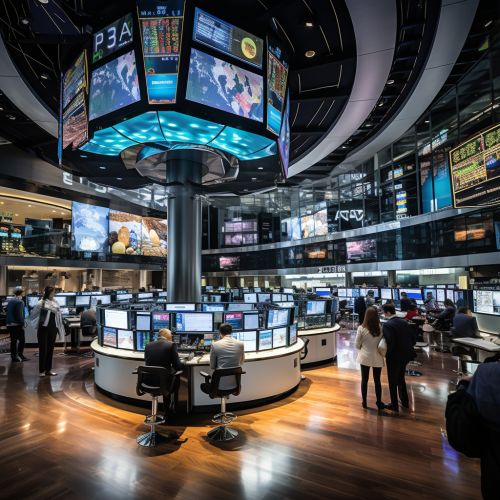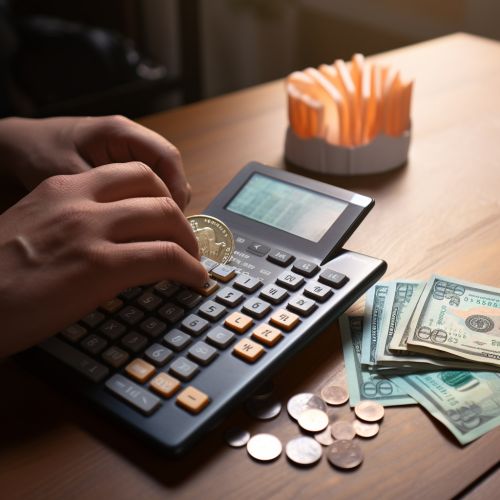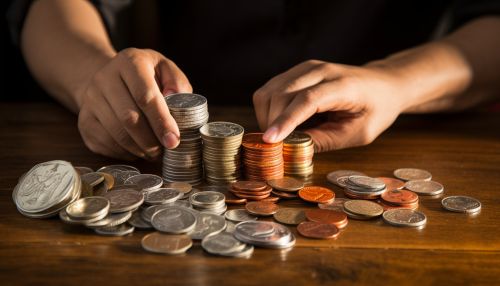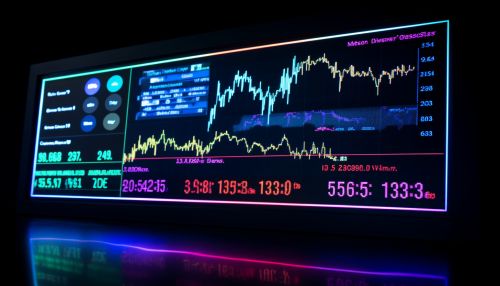Foreign Exchange Market
Overview
The Foreign Exchange Market (also known as forex, FX, or currency market) is a global decentralized or over-the-counter (OTC) market for the trading of currencies. This market determines foreign exchange rates for every currency. It includes all aspects of buying, selling and exchanging currencies at current or determined prices.


History
The foreign exchange market as we know it today started evolving during the 1970s when countries gradually switched to floating exchange rates from the previous exchange rate regime, which remained fixed as per the Bretton Woods system.
Market Participants
Participants in the foreign exchange market include:
Function and Purpose
The primary function of the foreign exchange market is to assist international trade and investment, by allowing businesses to convert one currency to another currency. For example, it permits a business in the United States to import goods from the European Union member states, and pay Euros, even though its income is in United States dollars.


Trading Characteristics
Most foreign exchange dealers are banks, so this behind-the-scenes market is sometimes called the "interbank market". Trades between foreign exchange dealers can be very large, involving hundreds of millions of dollars. Because of the sovereignty issue when involving two currencies, Forex has little (if any) supervisory entity regulating its actions.
Financial Instruments
Financial instruments in the foreign exchange market include:
Determinants of Exchange Rates
The following theories explain the fluctuations in exchange rates in a floating exchange rate regime:


Speculation and Controversy
Currency speculation is considered a highly suspect activity in many countries. While investment in traditional financial instruments like bonds or stocks often is considered to contribute positively to economic growth by providing capital, currency speculation does not; according to many economists, it benefits mostly the individual investor, and contributes to volatility in the foreign exchange market.
